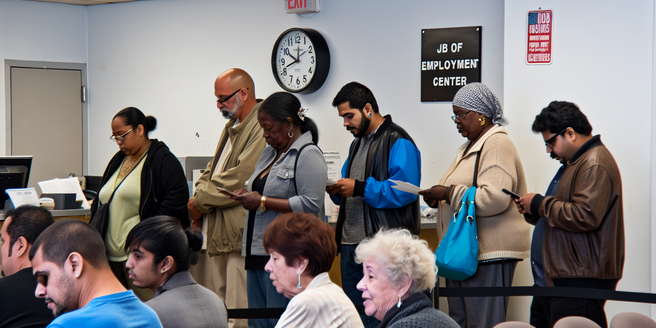Understanding the Concept of Welfare
Welfare is a governmental system designed to aid individuals and families in financial distress. This comes in the form of various programs including food stamps, unemployment benefits, housing assistance, and healthcare programs like Medicaid. Welfare is not synonymous with laziness or a lack of motivation but rather serves to help those who are underprivileged and struggling.
Myth One: Only the Unemployed Receive Welfare
While unemployment benefits are a part of the welfare system, they are not the only aspect. Many people who are employed, but are low-income, often receive benefits to help them make ends meet. In fact, a significant portion of welfare recipients are employed and are striving to improve their financial situation.
Myth Two: Welfare Users are ‘Milking’ the System
This is perhaps the most common stereotype associated with welfare. While it’s undeniable that there are people who abuse the system, they represent a small fraction of the overall welfare population. The majority of welfare recipients are genuinely in need and use these benefits as a lifeline during troubled times.
Myth Three: People on Welfare Don’t Want to Work
Contrary to the stereotype, most welfare recipients do not prefer getting assistance over working a well-paying, stable job. Many people on welfare are either actively looking for work or are currently employed but earning wages that are too low to support themselves or their families. The welfare system is often a temporary support to help them maintain their basic needs while they are in search of better employment opportunities.
Myth Four: Welfare Encourages Irresponsible Reproduction
This is another stubborn myth that suggests that people on welfare have more children to receive a larger benefit. In reality, family size in households receiving welfare statistically matches that of families who do not receive welfare. The number of children has little impact or even reduces benefits in some programs, disproving the notion that having more children equals more benefits.
What We Can Do: Reject Stereotypes and Seek Truth
Stereotypes only serve to create a divide and instill biases among people. It is essential that we as a society educate ourselves about such issues and seek truth over popular opinion. Only then can we foster understanding, empathy and promote a society free from prejudice.



